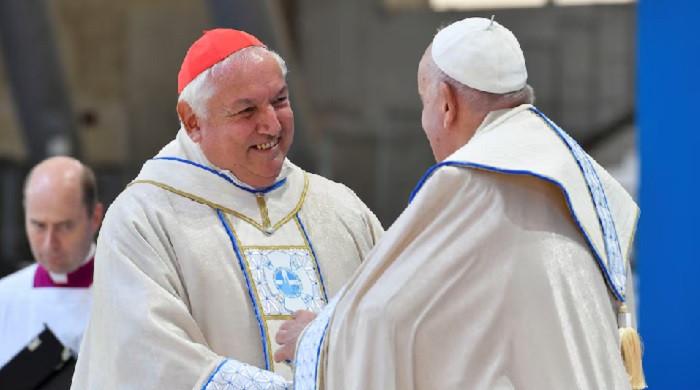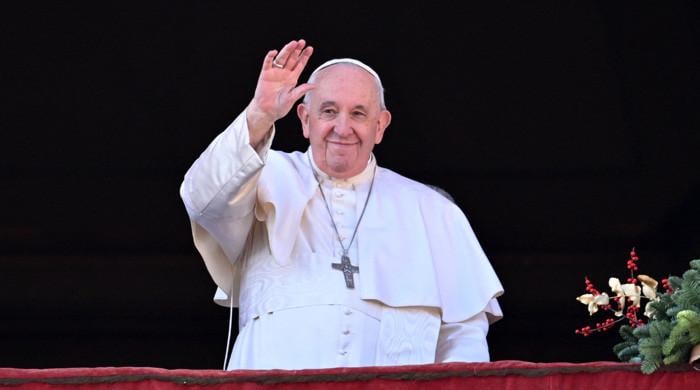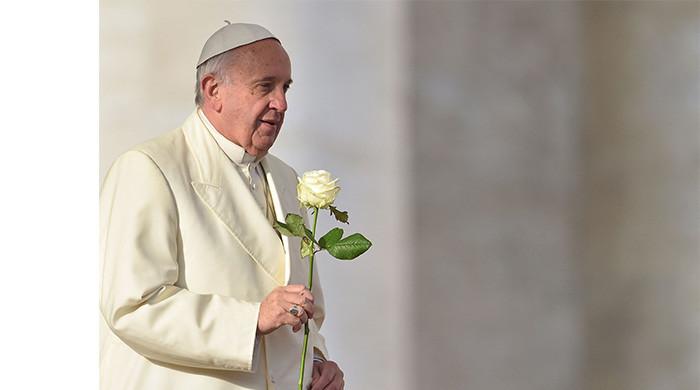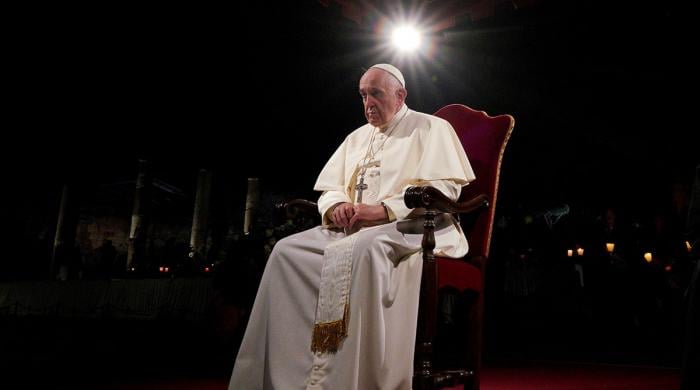US academics unite against President Trump's higher education policies
Over 100 university, college, scholarly society presidents issue joint statement over govt's unprecedented overreach
April 22, 2025
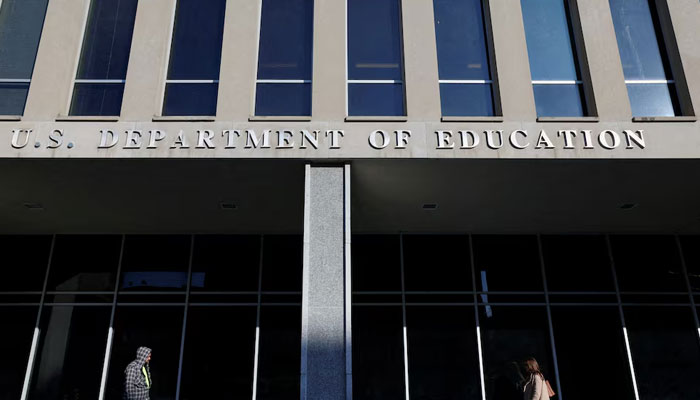
- Joint statement calls for opposition to govt's undue intrusion.
- Features signature of Princeton, Brown universities presidents.
- Open to oversight, not against legitimate govt oversight, it reads.
NEW YORK: Defying President Donald Trump's decisions regarding the education sector, US academics have united against the administration's policies with over 100 university, college and scholarly society presidents publishing a joint statement opposing the Trump administration's treatment of higher education institutions.
The development follows Harvard University's announcement saying that the White House was threatening its independence.
The statement, signed by presidents from such institutions as Princeton, Brown, the University of Hawaii and Connecticut State Community College, criticised what it described as "the unprecedented government overreach and political interference now endangering American higher education."
"We are open to constructive reform and do not oppose legitimate government oversight," the statement said. "However, we must oppose undue government intrusion in the lives of those who learn, live, and work on our campuses."
The White House did not respond to a request for comment about the statement.
Tuesday's joint statement is the latest show of resistance from US higher education leaders as the Trump administration seeks to leverage its financial heft to overhaul academia.
On April 14 Harvard rejected numerous demands from the administration, which is seeking oversight of Harvard's student body, faculty and curriculum in an apparent effort to curb what it perceives as the university's liberal bias.
Soon after, the administration announced it was freezing $2.3 billion in federal funding to the school.
According to White House spokesperson Harrison Fields' statement at that time, Trump wants to ensure taxpayer dollars do not support racial discrimination or racially motivated violence.
The administration also threatened to strip Harvard of its tax-exempt status and take away its ability to enrol foreign students.
On Monday Harvard sued the Trump administration to try to force it to end its orders freezing funds and withdraw demands it has made, accusing the federal government of trying to "overhaul Harvard's governance, control Harvard's faculty hiring and dictate what faculty may teach Harvard students" for ideological reasons.
Harvard said in its suit that government attempts to "coerce and control" the university violated the Constitution's protections for speech. It also accused the government of failing to follow procedures set out under federal civil rights laws.
Since his January inauguration, Republican President Donald Trump has cracked down on top US universities, saying they mishandled last year's protests and allowed antisemitism to fester on campus.
His administration has also targeted universities for other issues such as transgender rights and diversity, equity and inclusion programmes, and has threatened to withhold federal funding over these issues.
Columbia University was an early target but in recent weeks, the administration has focused on Harvard.
On April 15 over 60 past and present college and university presidents signed an open letter saying they "strongly support" Harvard President Alan Garber's rejection of the administration's demands.








